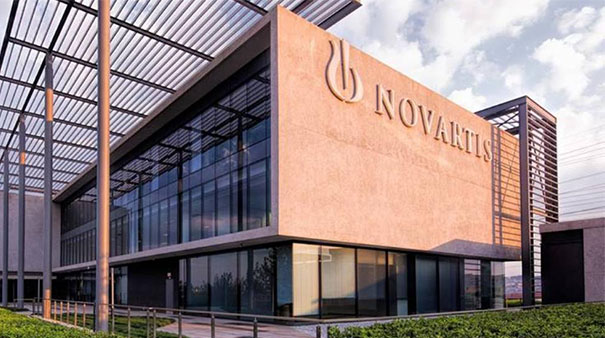Novartis offers reimbursement options as EU backs costly SMA therapy

Novartis’ AveXis unit has said European regulators have approved its Zolgensma (onasemnogene abeparvovec) gene therapy for the rare childhood wasting disease spinal muscular atrophy (SMA), and has offered governments a menu of reimbursement options for the hugely pricey therapy.
Zolgensma is a single shot that is approved for patients with 5q SMA with a bi-allelic mutations in the SMN1 gene and clinical diagnosis of SMA type 1, or patients with 5q SMA with a bi-allelic mutation in the SMN1 gene and up to three copies of the SMN2 gene.
The European Commission's conditional approval covers babies and young children with SMA up to 21 kg according to the approved dosing guidance.
Around 550-600 infants are born in Europe each year with the disease and approval of Zolgensma gives the option of a gene therapy that treats the mutation with a single shot by delivering a working copy of the missing or defective SMN1 gene with a single intravenous infusion.
But Zolgensma is also the world’s most expensive drug, costing $2.1 million for the single shot in the US, a price which Novartis argues is justified by saving healthcare costs further down the line.
The company argues that SMA costs per child range from 2.5 million euros to 4 million euros within the first 10 years alone.
Novartis has not announced a price covering Europe but said that there is a “Day One” access programme allowing national reimbursement systems to choose from a menu of different customisable reimbursement options.
These include retroactive rebates, deferred payments to manage the budget impact, outcomes-based rebates following clinical and economic assessments during an early access period.
The company is also offering training on administration and access to a global patient registry of patients who have been diagnosed with SMA.
Patients in France will get immediate access through the “ATU framework” and is reimbursement expected to begin in Germany shortly.
European approval is based on the completed phase 3 STR1VE-US and phase 1 START trials that tested the efficacy and safety of a one-time IV infusion of Zolgensma in symptomatic SMA Type 1 patients aged under six months at dosing, who had one or two copies of the SMN2 backup gene, or two copies of the SMN2 backup gene, respectively.
STR1VE-EU, a comparable phase 3 study is ongoing. Zolgensma demonstrated prolonged event-free survival; rapid motor function improvement, often within one month of dosing; and, sustained milestone achievement, including the ability to sit without support, crawl and walk independently – milestones never achieved in untreated Type 1 patients.
Biogen’s Spinraza (nusinersen) is another pricey option already on the market requiring injections every four months, and Roche plans a European filing of its potential rival risdiplam this year.
In the US, the FDA is due to make a decision on risdiplam before 24th August, having already approved Spinraza and Zolgensma.












